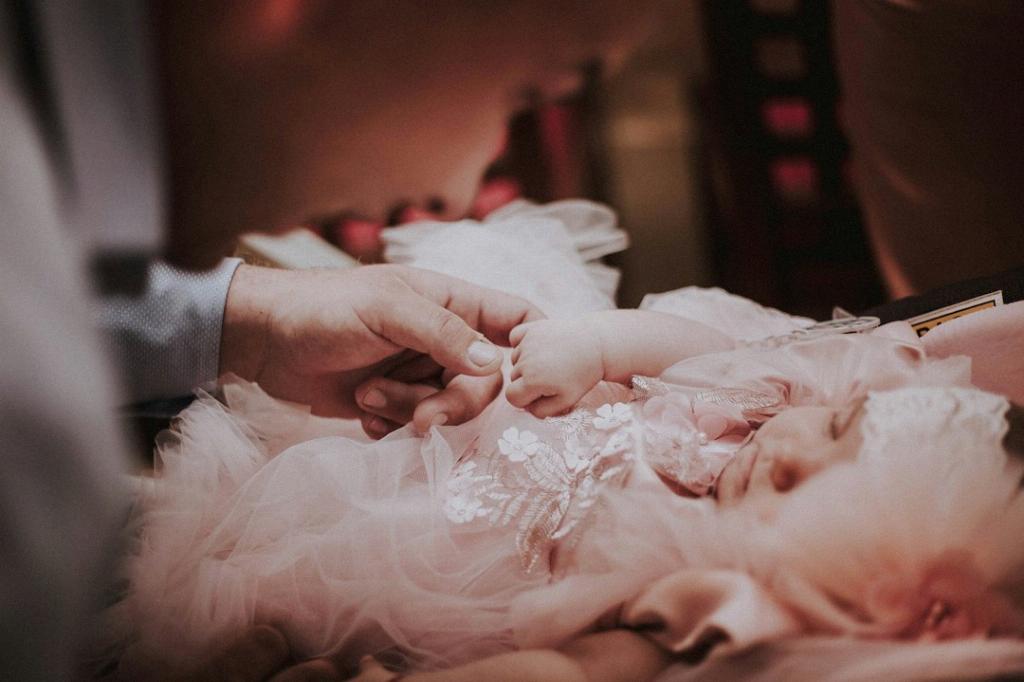Have you ever experienced the discomfort of an itchy breast or nipple? If so, you’re not alone. Itchy nipples and breasts are a common issue that many people face at some point in their lives. However, understanding the potential causes of this itching can help you address the problem effectively.
Potential Causes of Breast Itch
There are several reasons why your breast or nipple might be itching. One common cause is the presence of irritants or allergens in your clothing or skincare products. These substances can trigger an allergic reaction, leading to uncomfortable itching.
Another common culprit behind breast itching is hormonal changes. Hormonal fluctuations during pregnancy, breastfeeding, menstruation, or menopause can affect the skin around the breasts, causing itching and discomfort. Similarly, undergoing breast surgery can also lead to temporary itchiness as the skin heals.
While these factors are typically harmless, it’s essential to be aware of more severe conditions that can cause breast itch. One such condition is breast cancer. Although itching alone is not a definitive sign of breast cancer, it can sometimes be accompanied by other symptoms such as skin changes or lumps. If you’re concerned about persistent itching, it’s crucial to consult a healthcare provider for a thorough evaluation.
Other Considerations
In some cases, radiation therapy for breast cancer can also result in itching and irritation of the skin in the treated area. This side effect is usually temporary, but it’s essential to follow your healthcare provider’s recommendations for managing symptoms.
Additionally, certain skin conditions like eczema or psoriasis can affect the breast area, leading to itching, redness, and inflammation. If you have a history of these conditions, they may be the underlying cause of your breast itch.
Addressing Breast Itching
When it comes to managing breast itch, there are several steps you can take to alleviate discomfort. Avoiding harsh chemicals in clothing and skincare products, opting for gentle, fragrance-free options, can help prevent irritation. Keeping the skin around your breasts well moisturized can also reduce itching.
If hormonal changes are contributing to your breast itch, consulting with a healthcare provider for potential treatment options or adjusting your skincare routine can be beneficial. For more severe cases or if you notice concerning symptoms alongside the itching, seeking medical advice promptly is crucial for an accurate diagnosis.
In conclusion, while breast itchiness is often a benign issue caused by common factors like irritants, allergens, or hormonal changes, it’s essential to be aware of the more serious conditions that can present with this symptom. By understanding the potential causes and taking proactive steps to address them, you can effectively manage breast itching and maintain the health of your skin.

